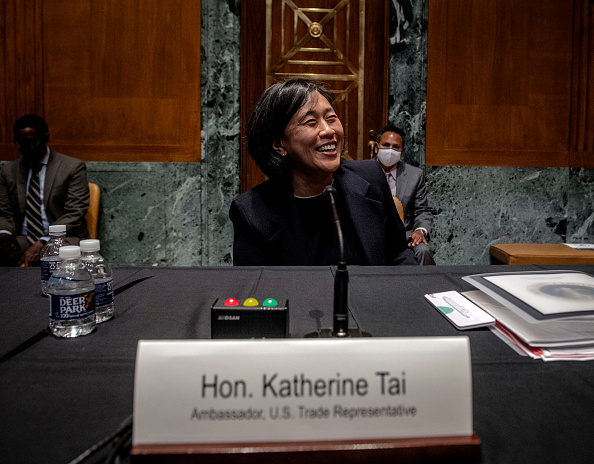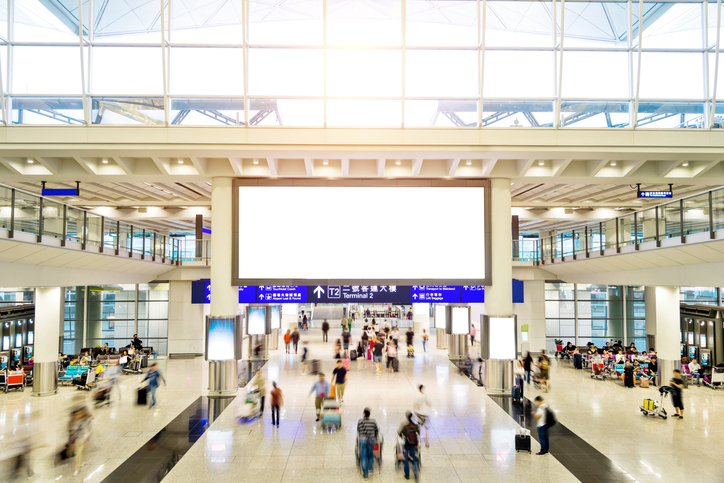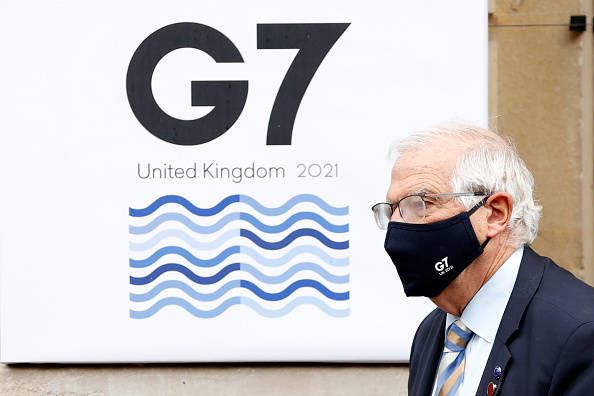
 Time to Talk
Time to TalkChina and the United States are expected to hold their first meeting on the Phase One trade deal since the start of Biden's presidency. U.S. Trade Representative Katherine Tai will meet her counterpart, Chinese vice-premier Liu He, "soon", according to media reports, to monitor the progress of the agreement and China's commitments. "It is our responsibility in the Biden-Harris administration to carry forward the relationship, where we do not shy away from being tough, but where we also know we must be fair and must be future focus-oriented," Tai said on Wednesday. The agreement requires that officials from both sides meet every six months to review the deal's progress.
When the deal was struck in 2019, China pledged to increase imports, including agricultural goods and industrial products, to at least $200 billion over the following two years. But since the pandemic began, China's imports have fallen short. The conversation will likely address how to move forward, despite those challenges.
As trade dialogues may soon be underway, the top diplomats from China and the U.S. attended a virtual United Nations Security Council event Friday. China led the meeting, as it currently holds the rotating presidency of the Security Council for the month. U.S. Secretary of State Antony Blinken, China's Foreign Minister Wang Yi, and other foreign leaders discussed regional and international security crises, jointly urging strengthened global cooperation while sparring over their different world views and who's to blame for threats to multilateralism. "Now, some question whether multilateral cooperation is still possible. The United States believes it is not only possible, it is imperative," said Blinken, while Wang noted "I'm sure all countries would like to see the United States changing course and make a real contribution to practicing multilateralism." Read more on the West's strategy towards China in U.S. and EU's Strategy for China: Irreconcilable Differences?, from Francesca Ghiretti, Leverhulme Doctoral Fellow at King's College London.
 Rebalancing the Economy
Rebalancing the EconomyWith the latest resurgence of Covid-19 cases under control in advance of this past week's big May Day holiday, Chinese citizens are now spending more money, providing a necessary boost to the country's economic recovery. Over 230 million Chinese tourists travelled over the five-day holiday, taking advantage of a long-awaited opportunity to travel after being encouraged to forego their annual Lunar New Year trips in mid-February. The Ministry of Culture and Tourism noted that domestic trips were up 119.7% when compared to the same time frame last year, and even surpassed pre-pandemic levels.
"The robust holiday activities suggest consumption, especially consumer services, is emerging as a new growth driver," Citigroup economists reported.
China's post-coronavirus economic recovery has been largely driven by their export and manufacturing sectors, with high demand for Chinese-made products. Up until this point, however, the service sector and traditional consumer spending hadn't kept up, generating an uneven recovery. There likely needs to be a shift towards domestic consumption in order for the economy to rebalance. While Chinese tourists still spent less overall compared to 2019 expenditures, May Day travels may indicate the coming of a more balanced economic recovery and return to a sense of normalcy.
 Global China
Global ChinaG7 leaders met in London this week ahead of their formal summit to share concerns about alleged human rights abuses in China, its ongoing role in Taiwan's access to the WHO, and issues with China's growing economic outreach.
Xinjiang was one of the chief topics discussed at the meeting, headlining the statements coming out of the meeting of leaders. The U.S. has in the last few months moved to strengthen ties with fellow members of the Quad, a coalition including India, Australia, and Japan, which is also a G7 member. Australia also attended as a participant in the G7 meeting.
"Democratic values" were put forward by the G7 leaders as the basis of its stance against Chinese expansion, adding ideological conflict to their messaging towards China. In response, Chinese Foreign Ministry spokesperson Wang Weiben on Thursday called on the nations to "stop interfering in other countries' internal affairs, making groundless accusations in a condescending way and disrupting global epidemic cooperation."
Prepared by China-US Focus editorial teams in Hong Kong and New York, this weekly newsletter offers you snap shots of latest trends and developments emerging from China every week, while adding a dose of historical perspective.
- 2021-04-30 Academic Pandemic
- 2021-04-23 Carbon Cutting
- 2021-04-16 A Hopeful Climate
- 2021-04-09 Technological Frontiers
- 2021-04-02 Back to Basics
- 2021-03-26 The Biden Era
- 2021-03-19 “A Strong Smell of Gunpowder and Drama”
- 2021-03-12 Bridging the Divide
- 2021-03-05 A Tale of Two AI Superpowers
- 2021-02-26 Changing of the Guard
- 2021-02-20 Collective Approaches
- 2021-02-13 Hopes for a Bullish Year
- 2021-02-05 “The Most Serious Competitor”
- 2021-01-29 Looking Towards Multilateralism
- 2021-01-22 Biden’s China Path
- 2021-01-16 Becoming a "Technological Superpower"
- 2021-01-08 Capital Chaos
- 2020-12-18 All Eyes on 2021
- 2020-12-12 Midwest to Middle Kingdom?